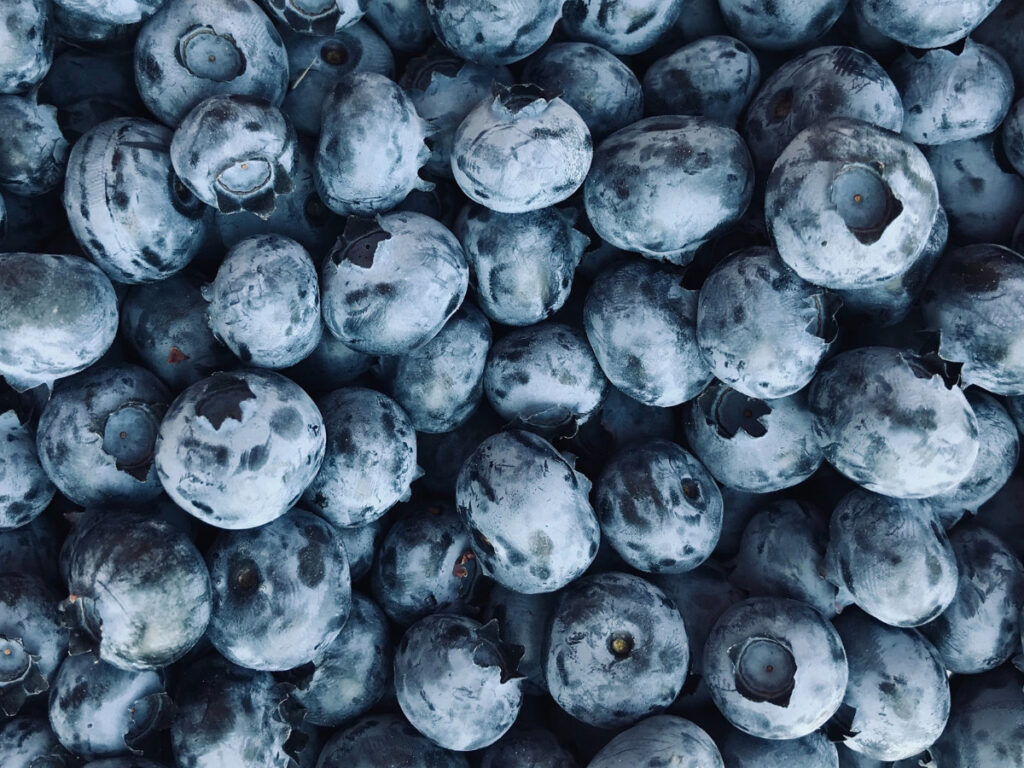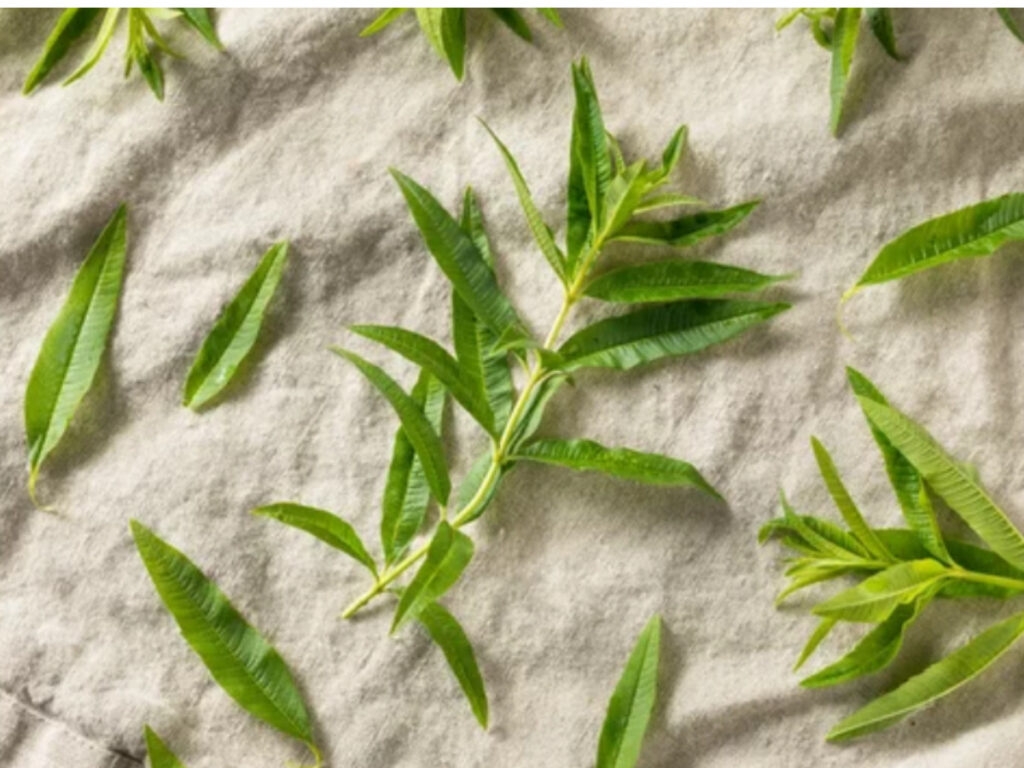Three Evidence Based Food as Medicine Approaches to Improve Exercise Recovery
What you eat can make a big difference to your exercise performance and recovery. Delayed onset muscle soreness (DOMS) and excessive muscle strain can impact anyone, but in particular those that are starting a new type of exercise like resistance training and athletes that train more intensely and with higher frequency. Building bigger, stronger muscles with resistance training actually involves temporary injury to the muscle fibers, which signals a cascade of events leading to muscle hypertrophy – an increase and growth of muscle cells. DOMS and excessive muscle damage can impact recovery and sometimes deter from regular exercise, so having some novel ‘food as medicine’ tools to improve muscle recovery and reduce soreness may support you in your endeavours to keep moving. Recovery also involves knowing your boundaries and allowing adequate time for rest, so ensure that you also focus on sleep and stress reduction to feel at your best.
Blueberries:
The effects of a blueberry smoothie or placebo smoothie with similar antioxidant capacity was consumed at various timepoints throughout a trial in which ten women were required to perform strenuous weight bearing quadriceps exercises. While perceived muscle soreness was not affected, the blueberry group was shown to have accelerated recovery of muscle strength compared to placebo. The smoothies studied contained 200g blueberries which is a perhaps a little costly for most to consume regularly, but by including blueberries, mixed berries and other high polyphenol foods in the diet regularly eg. purple potato, purple carrots, wild rice, red & black quinoa, red & black rice, black olives and pomegranates, similar effects may be achieved.

Lemon Verbena:
400mg of a Lemon Verbena extract or placebo was consumed by subjects over ten days, followed by 1 day of exhaustive exercise. The lemon verbena group had significantly less exercise related loss of muscle strength, and less movement induced pain as compared to the placebo group. While lemon verbena extract isn’t readily available in Australia, lemon verbena tea is, and may have similar effects if used regularly.

Ginger:
Cinnamon or ginger powder (3g) or placebo was added daily to the diet of 49 Iranian female athletes that participated in regular martial arts training sessions. The ginger group showed an effective reduction in perceived muscle soreness compared to placebo. This is a relatively easy amount of ginger to achieve in your diet if you utilise a combination of fresh and dried ginger on a regular basis. Try adding it to smoothies or porridge, drinking ginger tea and adding to any savoury meal that suits the flavour of ginger and you are well on your way!

Naturopath Amy would love to help you reach your health & wellness goals, so if you would like to book a consultation with Amy you can call the clinic on 03 5977 0117 or book online.
This article is intended to be informational only and represents the opinion of the author. It is not intended to be used as medical advice and does not take the place of advice from a qualified health care practitioner in a clinical setting. Please check with your healthcare practitioner before embarking upon any of the treatments discussed.
Askari, G. 2013 ‘Influence of Ginger and Cinnamon on Inflammation and Muscle Soreness Endued by Exercise in Iranian Female Athletes.’ International Journal of Preventative Medicine. Vol. 4 no. 13
Barnes, M. et al. 2012 ‘Effect of New Zealand blueberry consumption on recovery from eccentric exercise-induced muscle damage,’ Journal of the International Society of Sports Nutrition, 9:19
Naka, I et al. 2018, ‘Effects of lemon verbena extract (Recoverben) supplementation on muscle strength and recovery after exhaustive exercise: a randomised, placebo controlled trial.’ Journal of the International Society of Sports Nutrition, 15:5

